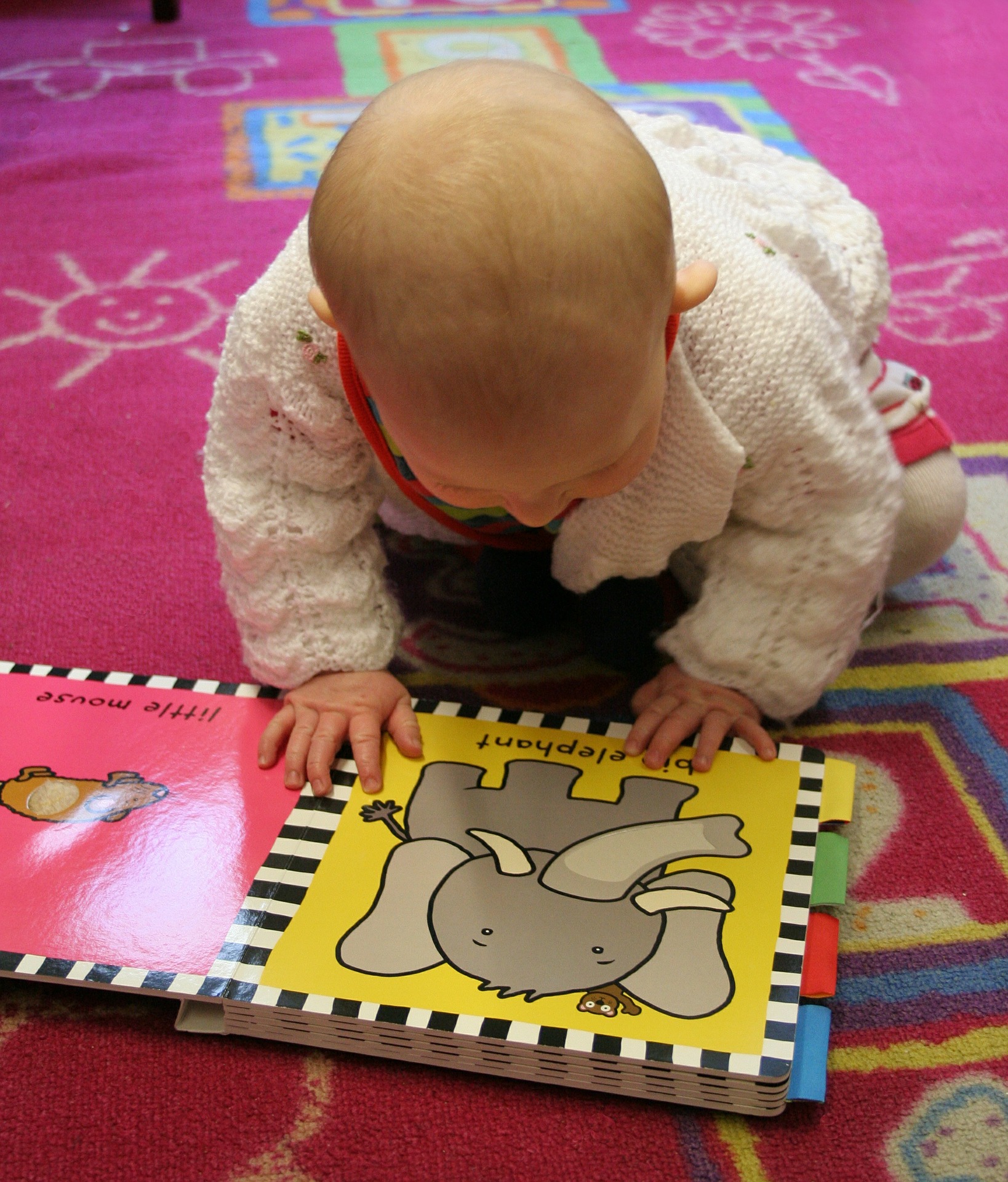Search

News & Events
Minderoo Foundation funds vaccine trial to protect WA healthcare workers from COVID-19At least 2,000 WA healthcare workers will help test whether an existing tuberculosis vaccine can reduce their chance of COVID-19 infection, lessen the severity of symptoms and boost immunity.

News & Events
Expert researchers converge on Broome to tackle health challenges in Northern AustraliaOver 100 researchers and health professionals from around Australia have united in Broome this week to address the major health battles facing people living in the tropical north of the country.
Research
Convalescent plasma in hospitalised patients with COVID-19Convalscent plasma (CP) was identified as a potential therapy for COVID-19 available early in the pandemic.
Research
Ontogeny of plasma cytokine and chemokine concentrations across the first four months of human life in a Papua new Guinean cohortDynamic molecular changes in early life follow a robust ontogeny as the infant immune system adapts to the demands of its new environment. Studies of plasma immunomodulatory cytokines and chemokines have previously demonstrated ontogenetic patterns of immune development across the first week of life. However, how plasma cytokine and chemokines concentrations evolve over the first 4 months of life remains unknown.
Research
Patient-reported perceptions, experiences and preferences around intravenous and oral antibiotics for the treatment of Staphylococcus aureus bacteremia: a descriptive qualitative studyThere is growing evidence to support partial oral antibiotic treatment of severe infections such as Staphylococcus aureus bacteremia, but clinical practice is slow to adopt this paradigm. We know little about how patients with severe infection experience and perceive intravenous and oral antibiotics in terms of quality of life and clinical effectiveness. We performed a qualitative study to elicit patients' views on treatment with intravenous and oral antibiotics, aiming to provide insights that could inform collaborative treatment decision-making.

Research
MeaslesMeasles is a highly contagious infectious disease that can cause severe, long-term complications in children.
Research
Understanding motivation and experience in participating in a paediatric SARS-CoV-2 serosurvey, in AustraliaSerosurveys are considered as a valuable tool in estimating population immunity and infection rates but recruitment of children to provide paediatric estimates can be challenging. A novel approach of sampling children undergoing anaesthesia was utilised for a SARS-CoV-2 serosurvey in Australian children and we explore the reasons for participation, feedback on the approach and importance of research into Coronavirus Diseases 2019 (COVID-19).
Research
Performance and Practicality of a Rapid Molecular Test for the Diagnosis of Strep A Pharyngitis in a Remote Australian SettingOver 5 days, 120 schoolchildren from two schools in the remote Kimberley region of Australia were screened for Strep A pharyngitis. Molecular point-of-care testing identified Strep A pharyngitis in 13/18 (72.2%) symptomatic children. The portability and feasibility of molecular point-of-care testing was highly practical for remote settings.
Research
Planning and clinical role of acute medical home care services for COVID-19: consensus position statement by the Hospital-in-the-Home Society AustralasiaDuring a pandemic when hospitals are stretched and patients need isolation, the role of hospital-in-the-home (HITH) providing acute medical care at home has never been more relevant. We aimed to define and address the challenges to acute home care services posed by the COVID-19 pandemic.
Research
A collaborative approach towards prevention of otitis media in Aboriginal childrenOtitis media is very common in Aboriginal children in Western Australia and chronic ear disease causes major problems in speech and language development and education. Up until recently, most programmes dealing with the problem of OM have focused on clinical interventions rather than prevention. The Enhanced Prevention Working Group was established as part of the WA Child Ear Health Strategy (2017–2021). The Group has worked collaboratively to develop a set of recommendations for prevention of OM in Aboriginal children.
